Cry The Beloved Country: Exposing the racist and corrupt heart of Australia
The dark side of Oz is revealed by recent films including Ivan Sen's outback noir, Goldstone and Eva Orner's documentary, Chasing Asylum, which exposes the horrific reality of the country's distant refugee camps
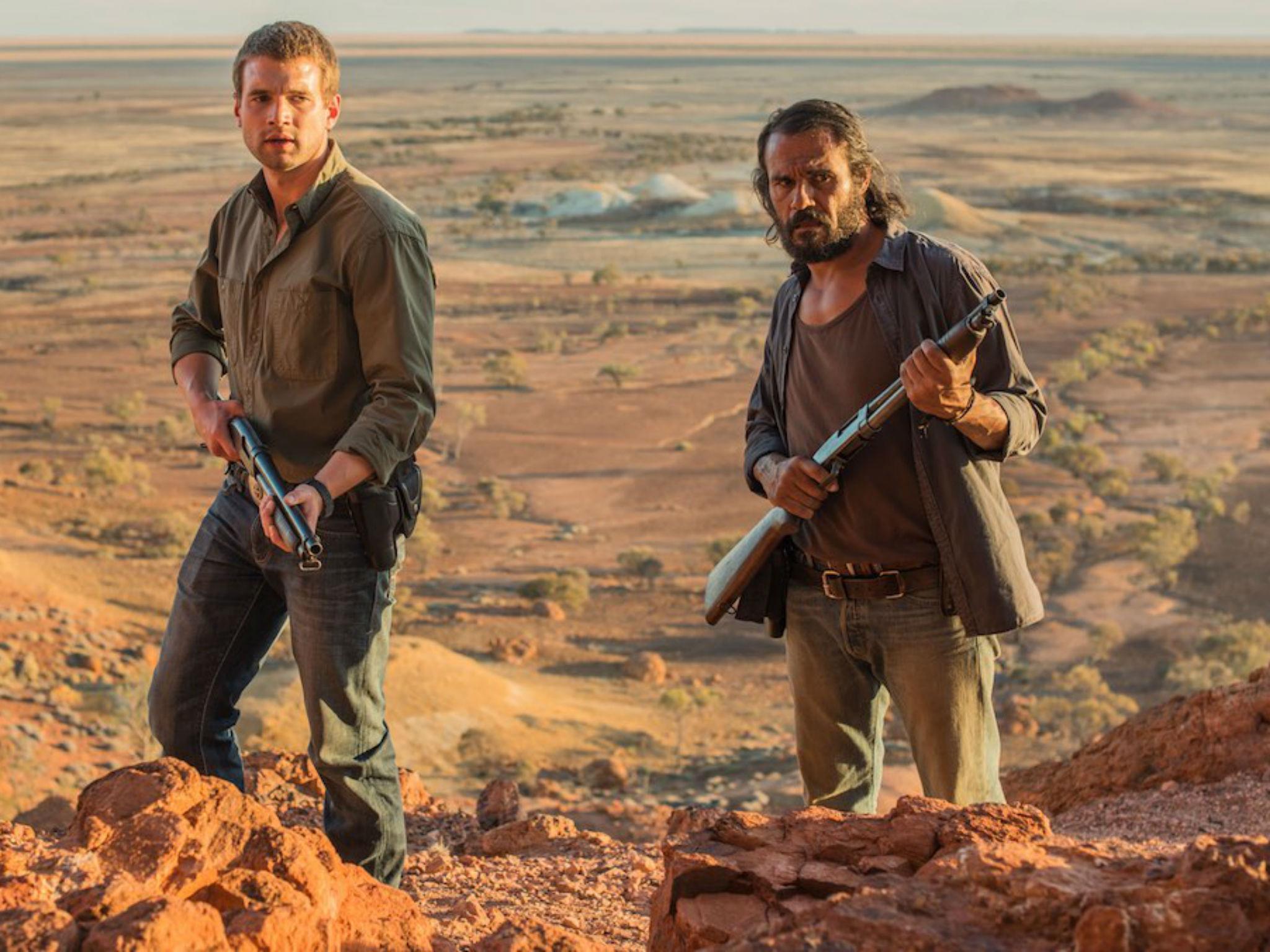
“I know that Australia is a safe country,” a refugee says in voiceover in Chasing Asylum. “A humane country. It respects refugees and people.” But Eva Orner’s documentary gives the lie to all that. Alongside Ivan Sen’s unsettling Outback noir Goldstone, and Abe Forsythe’s Down Under, a black comedy about a brewing clash between white racists and immigrants after Sydney’s 2006 race riots, it added to the depiction at this year’s London Film Festival of a troubling dark side to Oz’s sunshine paradise.
Back in the 1970s, the Australian New Wave of directors such as Peter Weir (Picnic At Hanging Rock) and George Miller (Mad Max) felt liberating, as they at last declared cultural independence from Britain. More recently, though, the sense of a darker wave slowly rolling up from Australia’s subconscious has grown. It crashed into the cities’ forgotten suburbs first. Rowan Woods’ The Boys (1998) gave an early taste, as its time-bomb of male violence ticked down on Sydney’s grim outskirts. Animal Kingdom (2010) continued this shift, switching to Melbourne’s back-alleys for the terrifying saga of a crime family’s chaotic fall. Justin Kurzel’s Snowtown (2011) then took these films’ strands of suburban misogyny and psychopathy down a near-unwatchable cul de sac. Kurzel showed how the titular Adelaide neighbourhood had been a serial killer’s paradise for John Bunting, the real-life monster who murdered a dozen in a place already socially shattered, abandoned and defenceless. As played by David Henshall, Bunting is the Aussie good bloke gone feral and definitively evil.
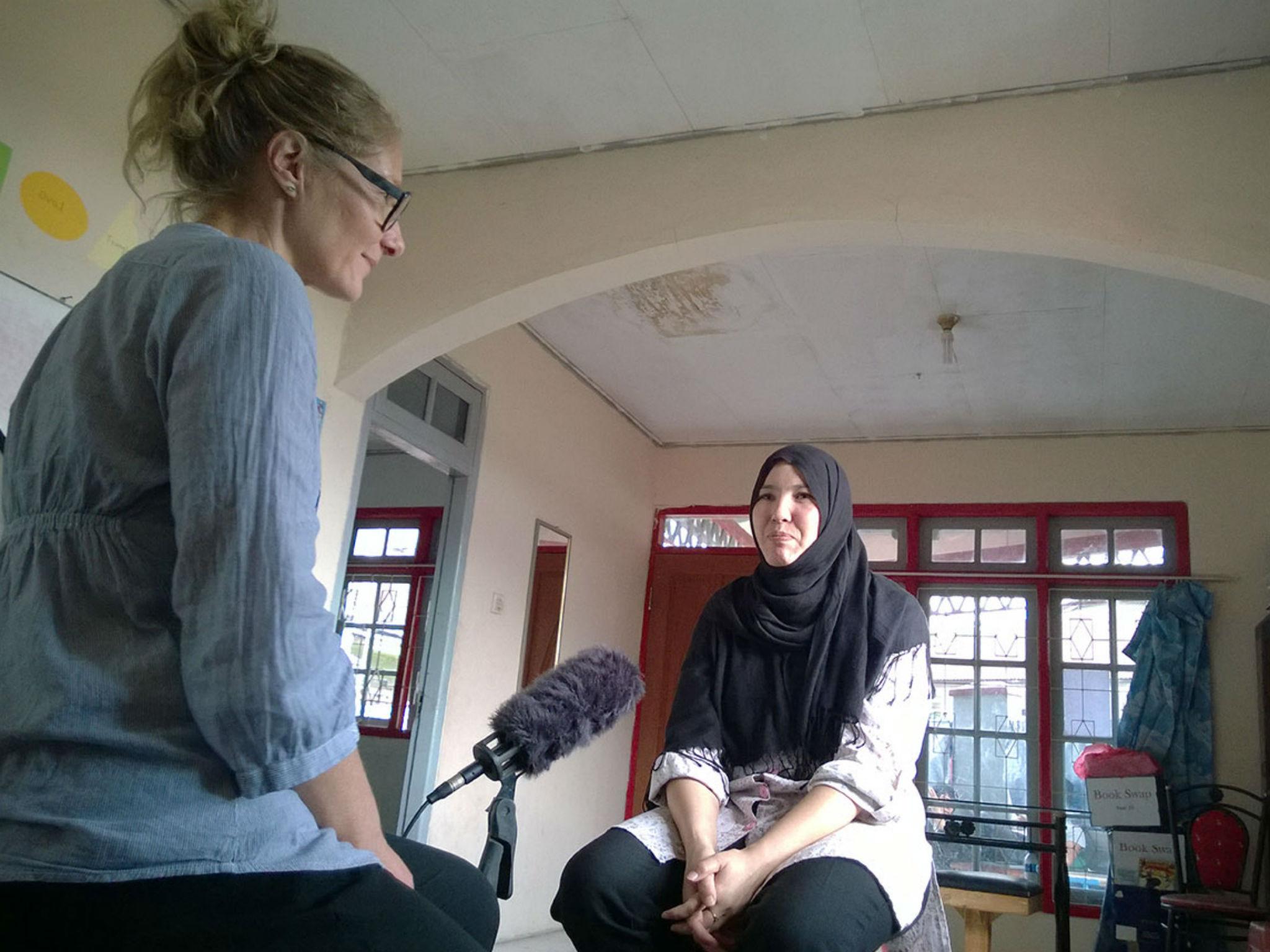
Chasing Asylum finds those shadows falling even further from the sight of most Australians, in the country’s distant refugee camps in Papua New Guinea and a tiny Pacific republic, Nauru. Five successive Australian Prime Ministers have deemed that boat-borne refugees will get no closer. Oren’s undercover cameras pick out the human excrement on the camp grounds, the desperate graffiti (“Welcome to Coffin A”), the heat and tedium in the mouldy tents, the Kafkaesque rules and thuggish security crews, and a refugee with eyes stitched shut in protest. Children are kept in indefinite detention without privacy, the government’s reluctant Moss Report also finding evidence of their sexual abuse. There have been lynch-mob attacks and murder, psychotic episodes and zombie sleeplessness. “It took about six months for them to start to degrade mentally,” a social worker recalls. The policy, with the stated intent of brutally warning refugees off, costs $500,000 per person. “The Australian government can pay pretty much any amount of money,” journalist Michael Bachelard tells Orner. “The Australian people will accept it, because they don’t want them here.” It’s not only Australia’s Guantanamo. It resurrects the prison camp the colonial nation essentially began as.
Mystery Road and Goldstone, Ivan Sen’s two thrillers starring Aaron Pedersen as Indigenous detective Jay Swan, go to the source of Australia’s original racist crime, which no one else seems much interested in admitting or solving: the near-elimination of its first people. Mystery Road (2013) introduced Swan as a haunted cross between a cowboy and Philip Marlowe, bringing justice to parched, Indigenous ghetto streets which looked left in the sun to die. The unspoken miasma of racism from his white police colleagues induced as much dread as the nerve-shredding shoot-outs.
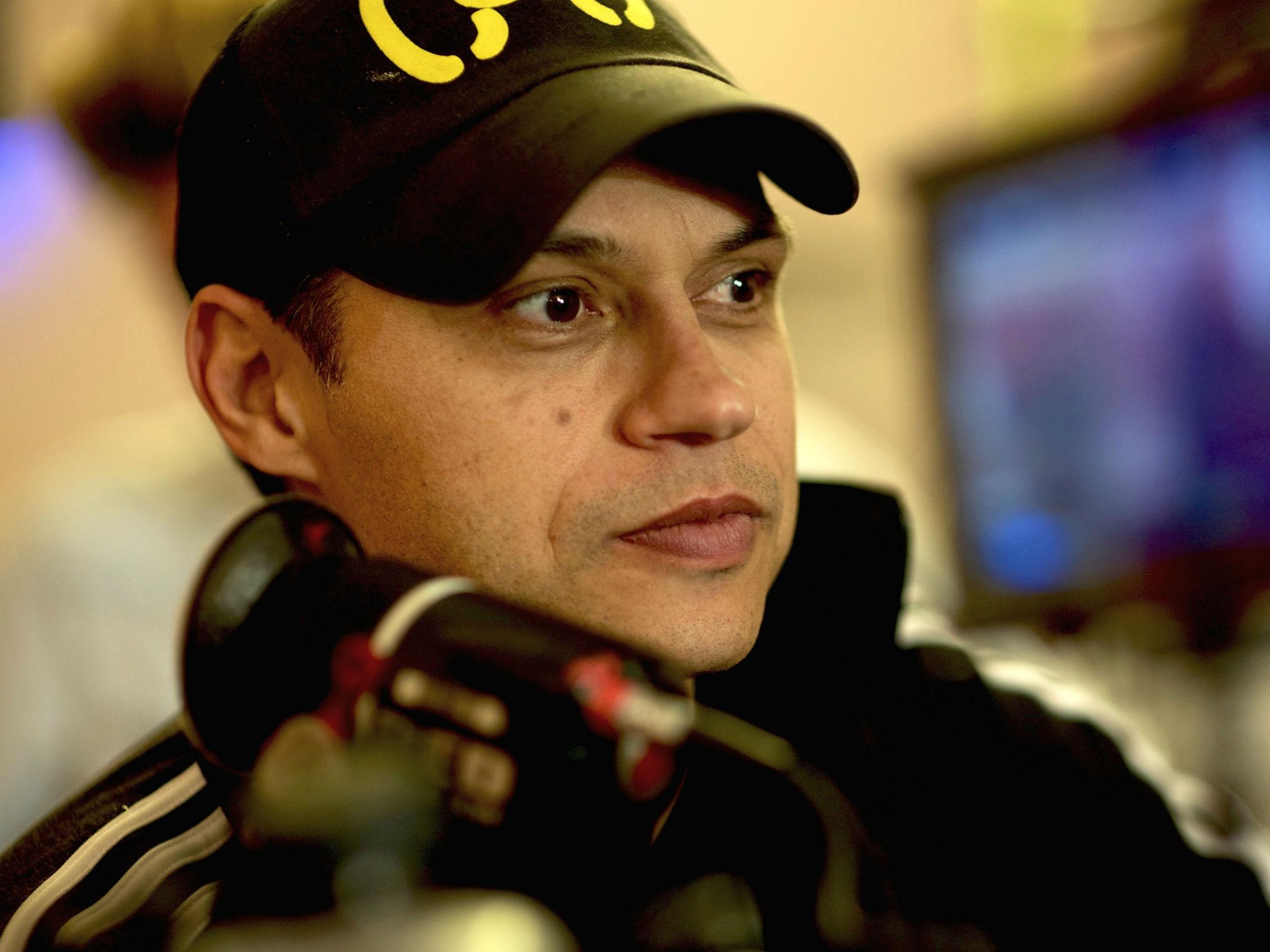
“Well that’s the way it is,” Sen (whose Mum was Indigenous and Dad Croatian) tells me, walking through London's Soho. “Most Indigenous people don’t even last long enough [under that strain] to become a detective. A friend of mine came across his brother in the lock-up one night, and he realised there was just nothing he could do to help him, even though he was a cop. So he quit. That’s the reality of someone like Jay Swan.”
Winton, the Queensland Outback town where Mystery Road was shot, proved symptomatic. “There were kangaroos around,” Sen recalls of looking out over its vast landscape one sunset, “but the original people there were massacred, or transported to the coast. It’s funny,” he continues. “Because on the frontier, they were so blasé about what was going on that they’d just name places, sometimes really literally – like Dead Black Boy Creek. Australians don’t even look at the names now, or think about where they come from, because they’re so distant from what is in many respects a genocide. That selective amnesia’s been going on ever since Impact [of white arrival].”
How does Sen feel, when he sees those names?
“It’s always been there from my childhood,” he says simply. “What it adds up to is a sense of displacement, and of a struggle to maintain your own purpose and identity. Because from a young age you’re taught to look down upon anything Indigenous. I’ve just finished my next film, about Indigenous suicide among young people. That can be traced to colonisation. Kids just taking their lives, because they’re looking for a system of life to belong to, because they’re not connecting to the [government school] system. And my creativity is a way for me to deal with that. It’s almost like Indigenous people need an artistic expression, to actually deal with the inter-generational trauma. And without it, I could be one of the [suicide] statistics as well.”
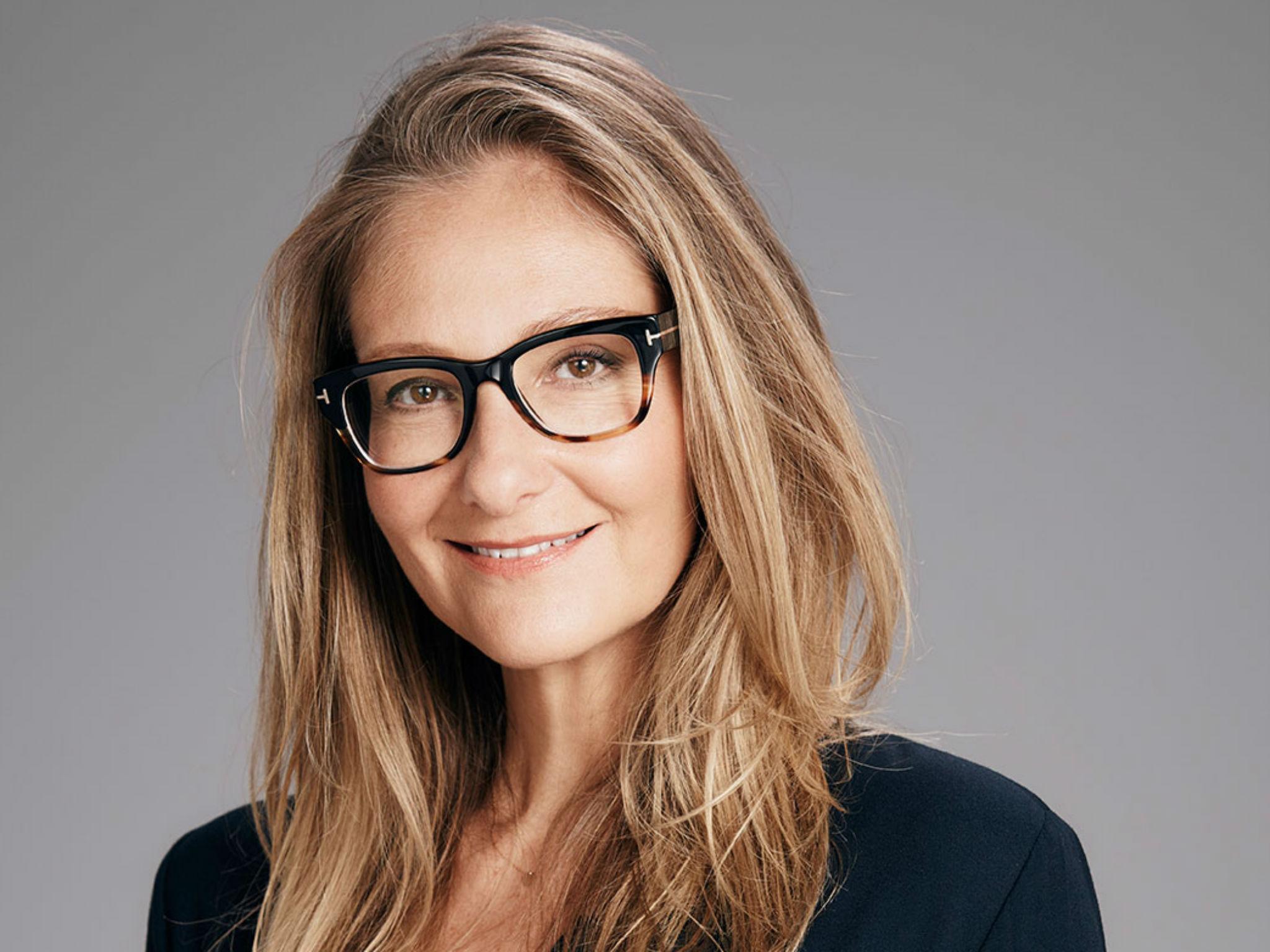
Jay Swan is a needed new hero for Australian cinema: an alienated, Indigenous Clint Eastwood, standing up against these wrongs at last. “Yeah, he’s the high plains drifter,” Sen agrees. “I’ve seen [Indigenous] audiences at Mystery Road cheering when the white guy’s shot. But I love that Jay stands up for universal justice, which crosses racial boundaries. And putting it into that genre platform means all kinds of people like these films. In genre websites, they talk about the shoot-outs. But in order to see shoot-outs, they’ve got to actually get their feet wet with the undercurrents of Australia.”
Sen is clear where the crimes visited on his people began, uncomfortable as the answer may be in Britain, where we stay studiously ignorant of our Empire’s victims. “This is my first trip to England,” he says. “And there’s a reason for that. That Union Jack on the Australian flag is something that I looked at when I was at high school...”

Watch Apple TV+ free for 7 day
New subscribers only. £8.99/mo. after free trial. Plan auto-renews until cancelled.
ADVERTISEMENT. If you sign up to this service we will earn commission. This revenue helps to fund journalism across The Independent.

Watch Apple TV+ free for 7 day
New subscribers only. £8.99/mo. after free trial. Plan auto-renews until cancelled.
ADVERTISEMENT. If you sign up to this service we will earn commission. This revenue helps to fund journalism across The Independent.
Given the disaster its planting led to, was it like a Confederate flag for him? “Well yeah. I was having to sing the school song with that Union Jack, and I was the only Indigenous kid left there. So I’ve unconsciously avoided England. The whole logic of self-entitlement and exploitation at the core of a lot of Australia began with colonisation. And where does that come from? Even here – where does it come from? The feudal court, where someone’s more important than somebody else?
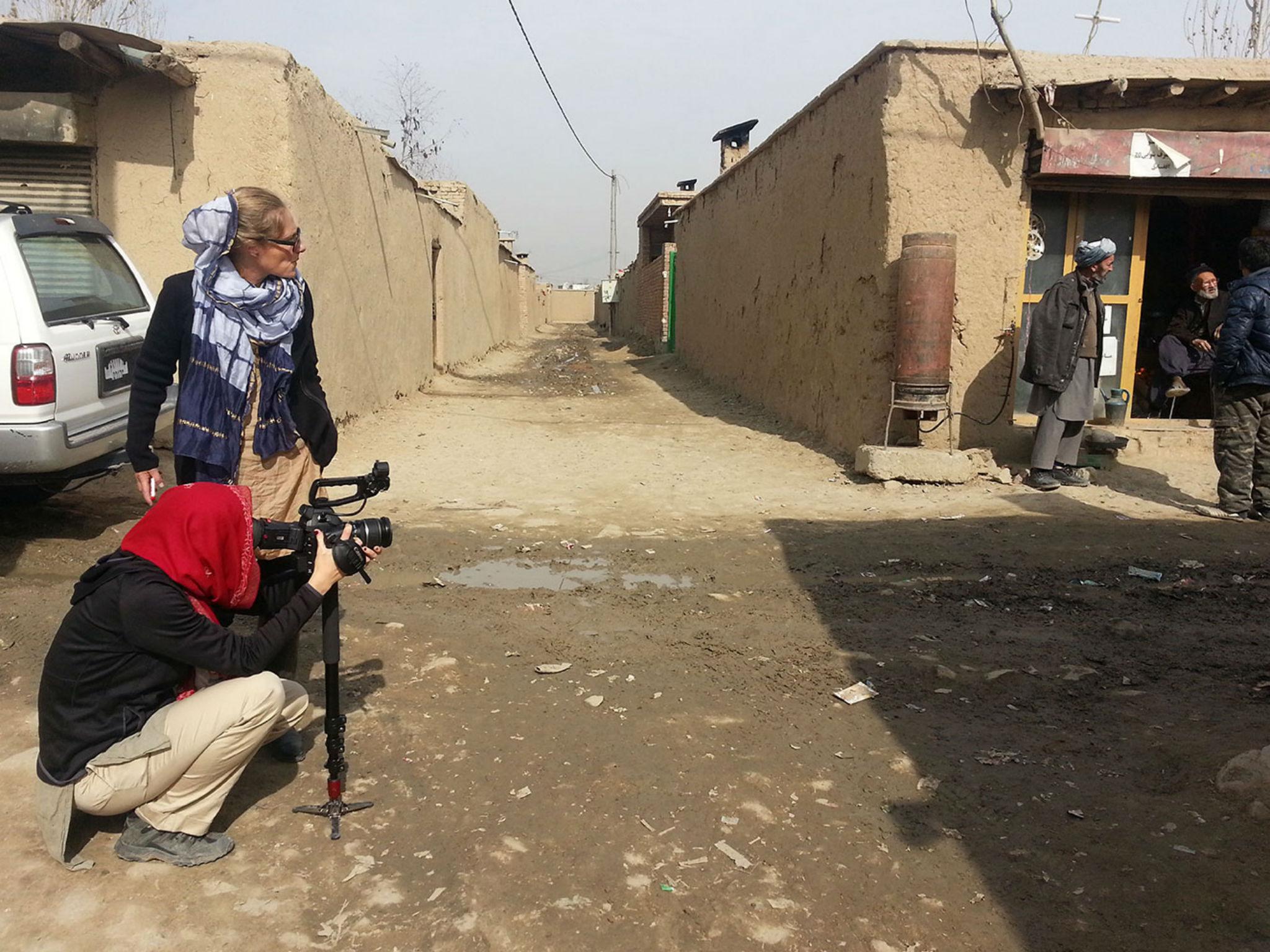
Goldstone moves Swan to a corrupt mining town, ruled by Jacki Weaver’s cake-baking, crocodile-smiling, sociopathic mayor. “There’s no industry that tears up Indigenous culture so strongly,” Sen says of mining. “Even to strike a rock in half, depending on where that rock is, can be an incredibly big deal for a clan.” Swan shares centre-stage this time with a basically good but unthinkingly racist young white cop, Josh (Alex Russell). “Josh’s apathy at the start is such a core problem to actually making things better,” Sen says. “But I wanted to show someone’s who’s not just some bad white guy. And it’s important to show an Indigenous person who’s a villain, as well.”
Jay Swan finds some hope at Goldstone’s end, in visionary scenes of reconnection to the ancient landscape the mining industry is hell-bent on pillaging. “It’s a pain, and a euphoria at the same time,” Sen says of Swan’s agonised emotions as he confronts his roots. “And that’s how I feel when I see that scene, as an Indigenous person who’s looking to connect all the time. I get that sense of belonging, and rejoining something. But there’s still a sense of a lot that’s gone and is never going to come back. So there’s loss and grief, too. For myself, as well as Jay.”
Chasing Asylum adds fresh racist crimes at odds with so much that’s great in Australia, and with its popular cinema’s underdog-cheering instincts, from Crocodile Dundee to Muriel’s Wedding. “It’s hard to be proud to be an Australian citizen,” says a social worker who experienced the Pacific camps, contradicting that hopeful refugee’s quote about her nation. “There’s a lot of shame associated with being an Australian for myself, because of the way we’ve treated the refugees.”
Chasing Asylum will be in the Storyville strand, 9pm, 1 Nov on BBC4
Join our commenting forum
Join thought-provoking conversations, follow other Independent readers and see their replies
Comments